Every country has different policies and laws on what they allow their citizens to eat. As a result of these laws, there are various food items legal in other countries that cannot be sold or eaten in the United States because of certain food processes or ingredients.
However, the same can also be said about American food that is banned in other countries. Frosted Flakes is a great example of this. While this cereal may be a popular choice for many in the U.S., Frosted Flakes is banned in several countries around the world.
Frosted Flakes Is Banned in Other Countries
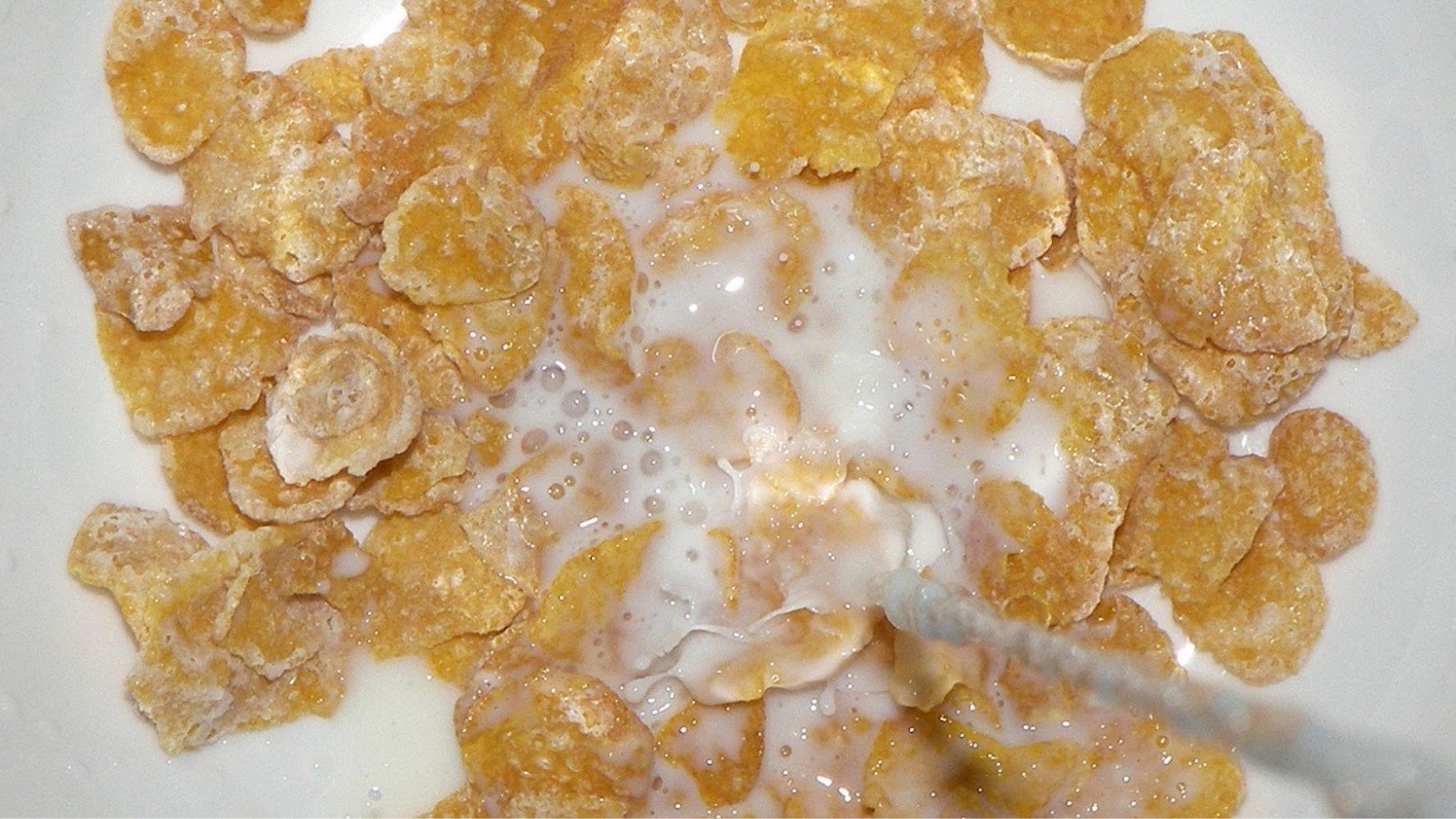
This may be quite shocking news to many. After all, what’s so bad about Frosted Flakes? Sure, it may not be the healthiest breakfast cereal option, but there doesn’t seem to be anything noticeably wrong with it.
Countries in Europe and Asia disagree. As a result, various countries have outlawed the selling of Frosted Flakes.
BHT Is To Blame
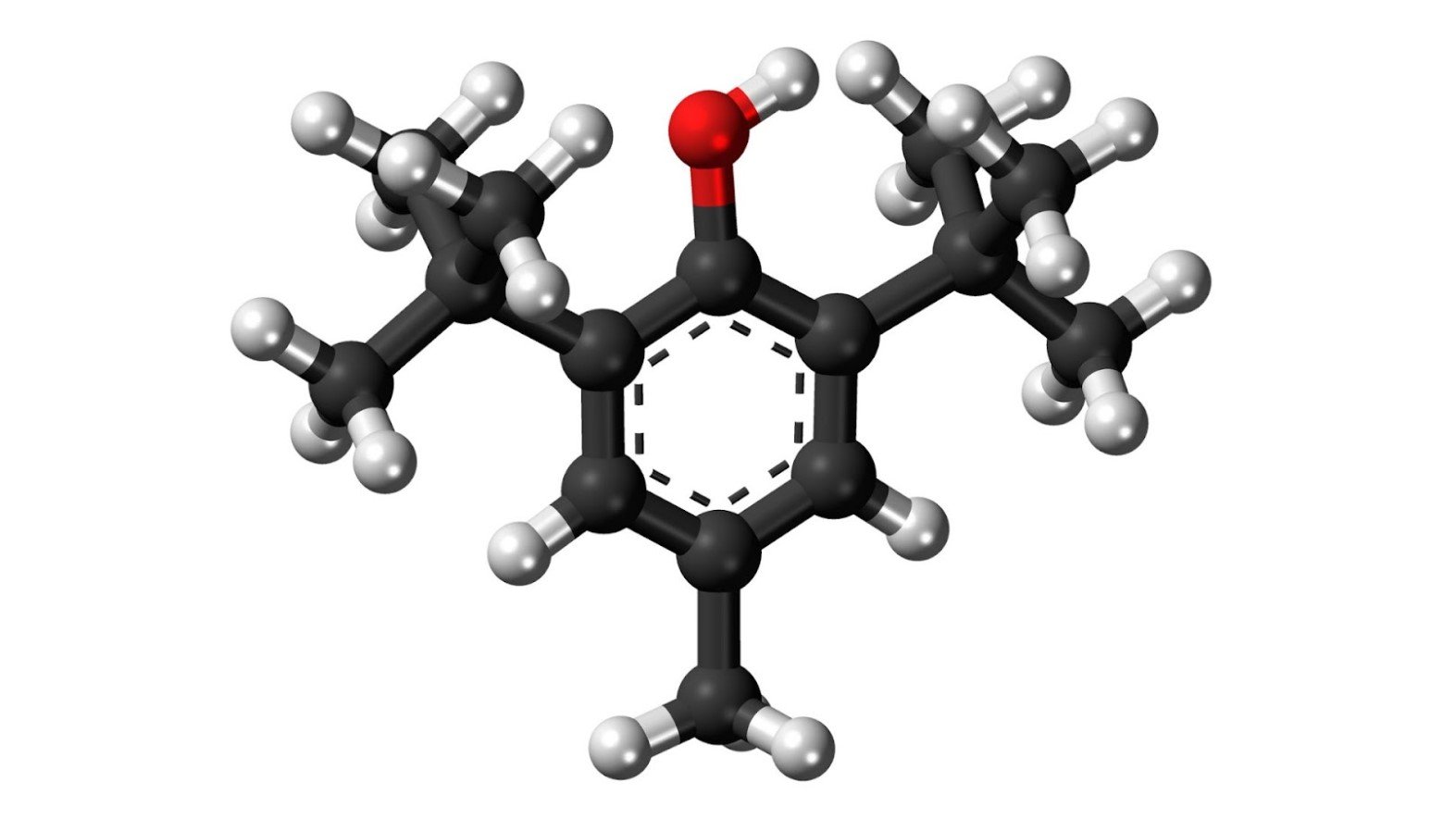
Why have countries banned Frosted Flakes? Butylated hydroxytoluene (BHT) is to blame. BHT is a naturally occurring compound that can often be found in things like fungi and plankton.
BHT is also in Frosted Flakes. While the U.S. Food and Drug Administration has allowed this to happen, other countries don’t like BHT in their foods. As a result, any food items that have BHT — such as Frosted Flakes — are banned from these countries.
Who Has Banned Frosted Flakes?
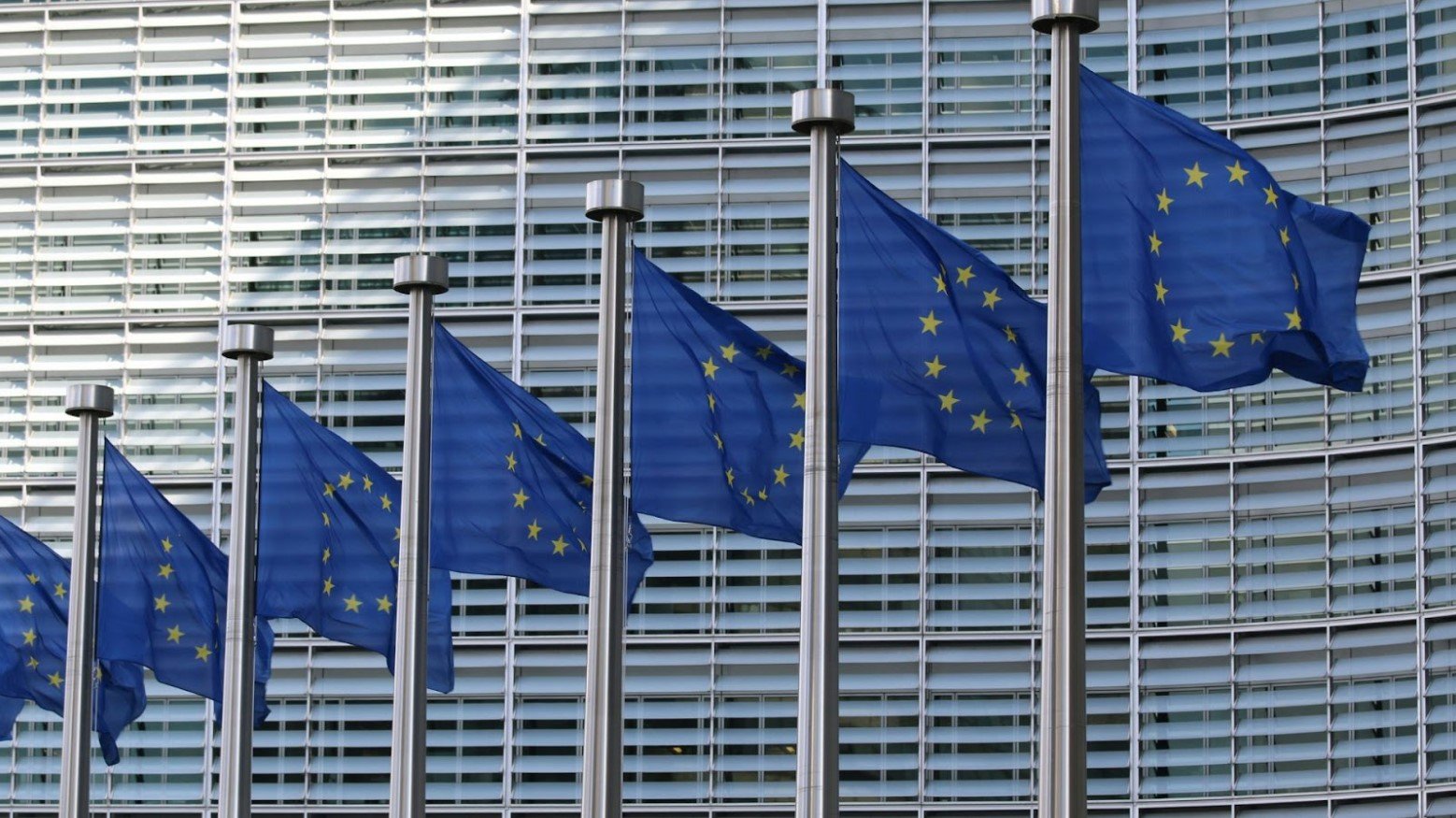
Because Frosted Flakes has BHT, various countries around the world have banned this cereal. The entire European Union has done so, as has Japan.
These countries’ organizations — the European Medicines Agency and the Japan Ministry of Agriculture, Forestry, and Fisheries — are often considered stricter than the U.S. FDA. This can especially be seen when it comes to these countries’ many restrictions on processed foods.
Other Cereal Bannings
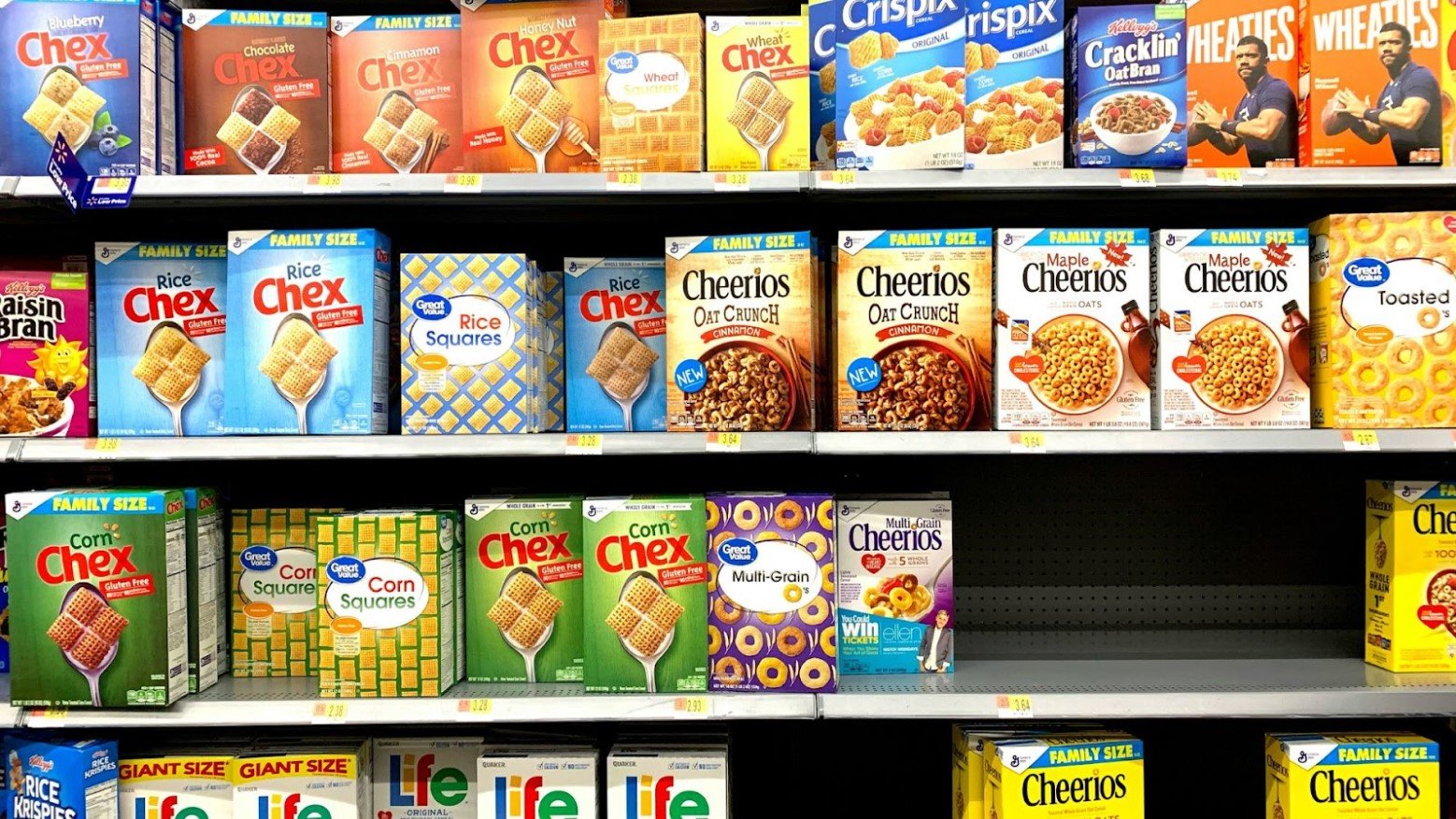
Frosted Flakes isn’t the only cereal that is banned in the EU and Japan, as well as other countries. Because BHT can be found in other food items and cereals, there are quite a lot of products that are also outlawed in these countries.
Most notably, other Kellogg cereals such as Rice Krispies are also illegal to sell and eat in the EU and Japan.
Why Is BHT in Food?
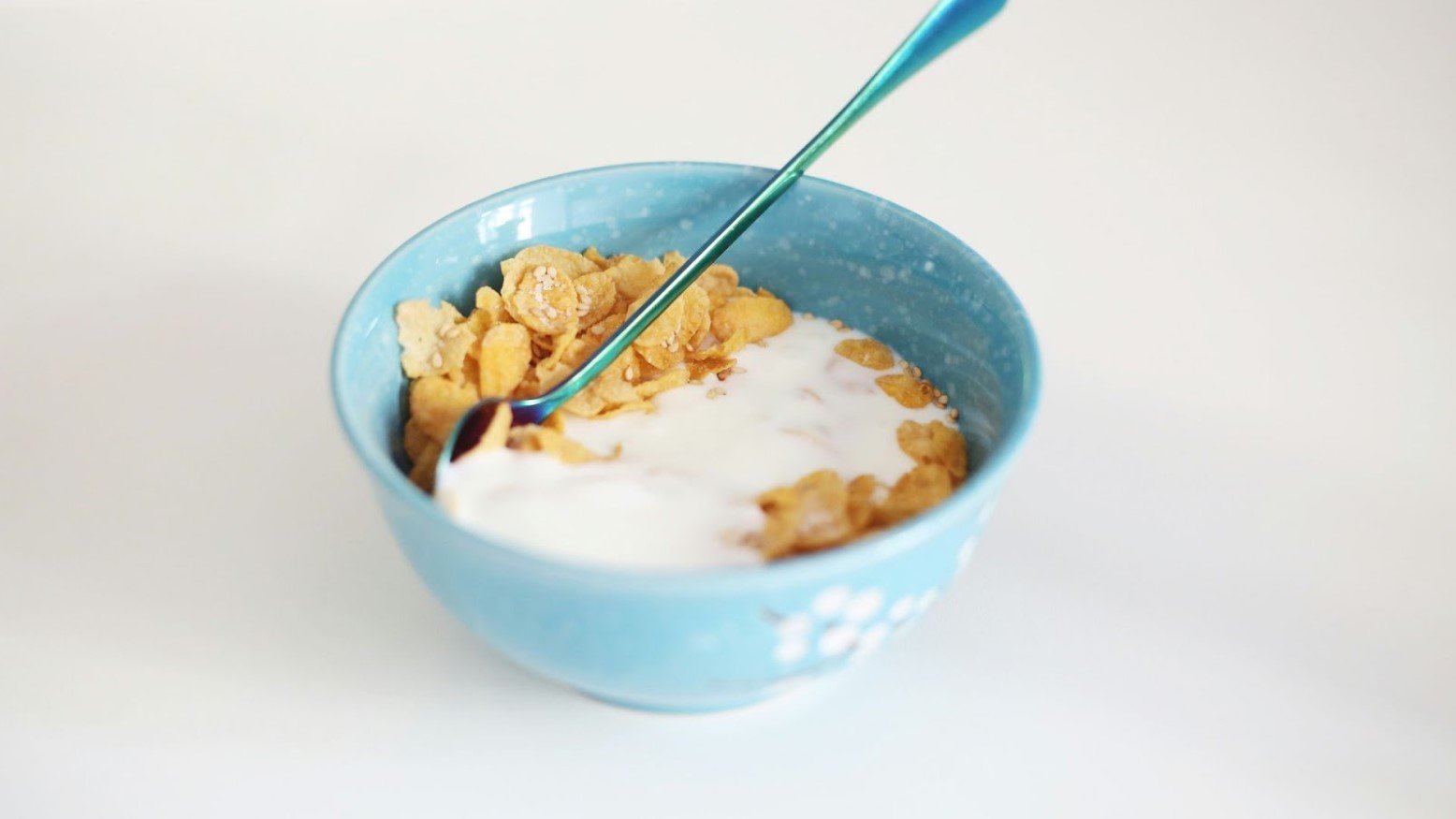
If BHT is outlawed in certain countries, why is it in food in the United States? Processed foods such as Frosted Flakes have BHT in them, as BHT can act as a preservative.
Preservatives can help processed foods last longer. Therefore, boxes of Frosted Flakes can stay on the shelves for longer before they eventually go bad.
BHT Is Used in Other Products
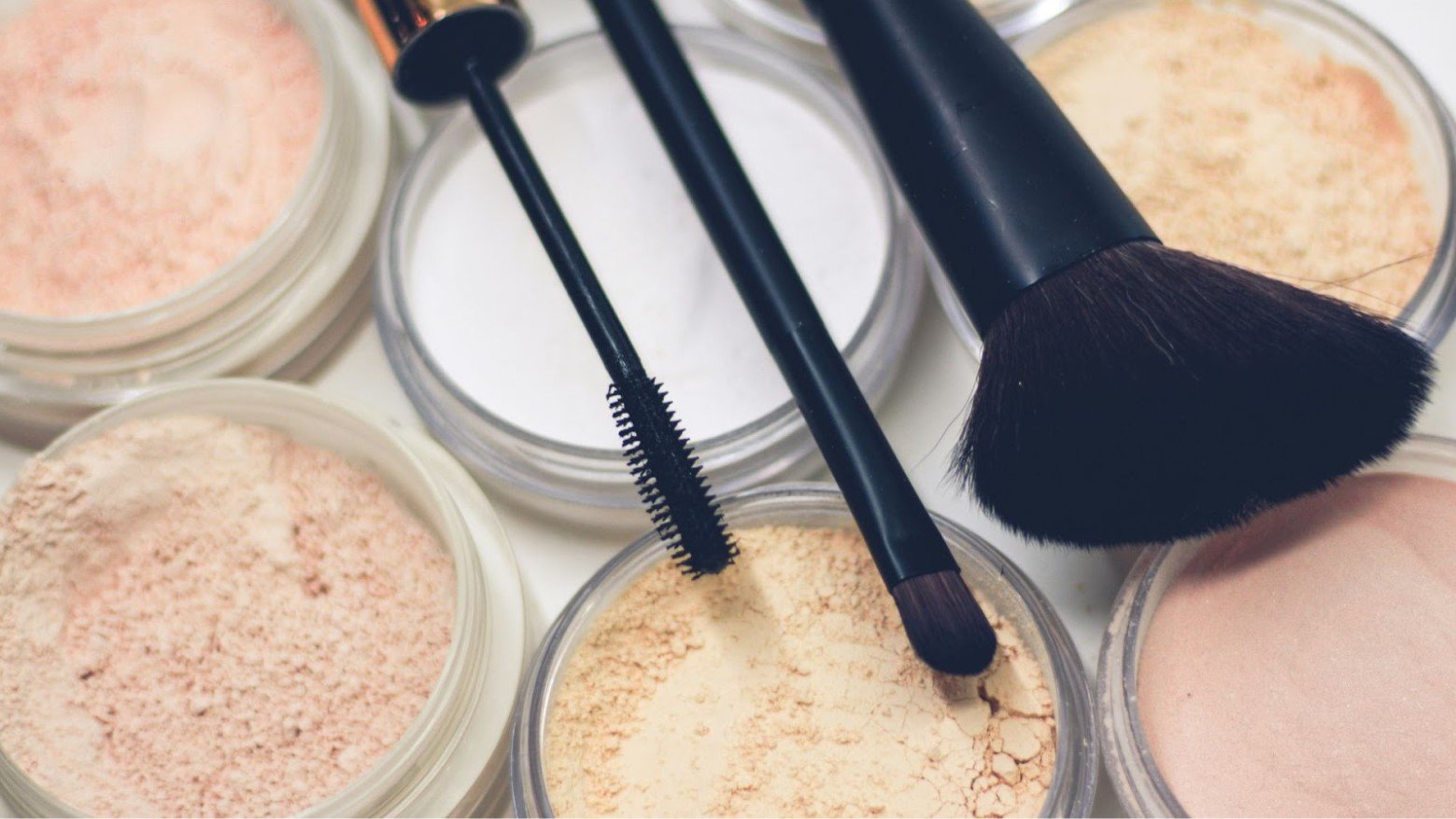
BHT isn’t just used in food products, though. This compound is used as a preservative in food, but in other products, it can be used as an antioxidant.
Therefore, as an antioxidant, BHT is added to things like makeup, mechanical liquids, gas, and even embalming fluid.
Is BHT Bad?
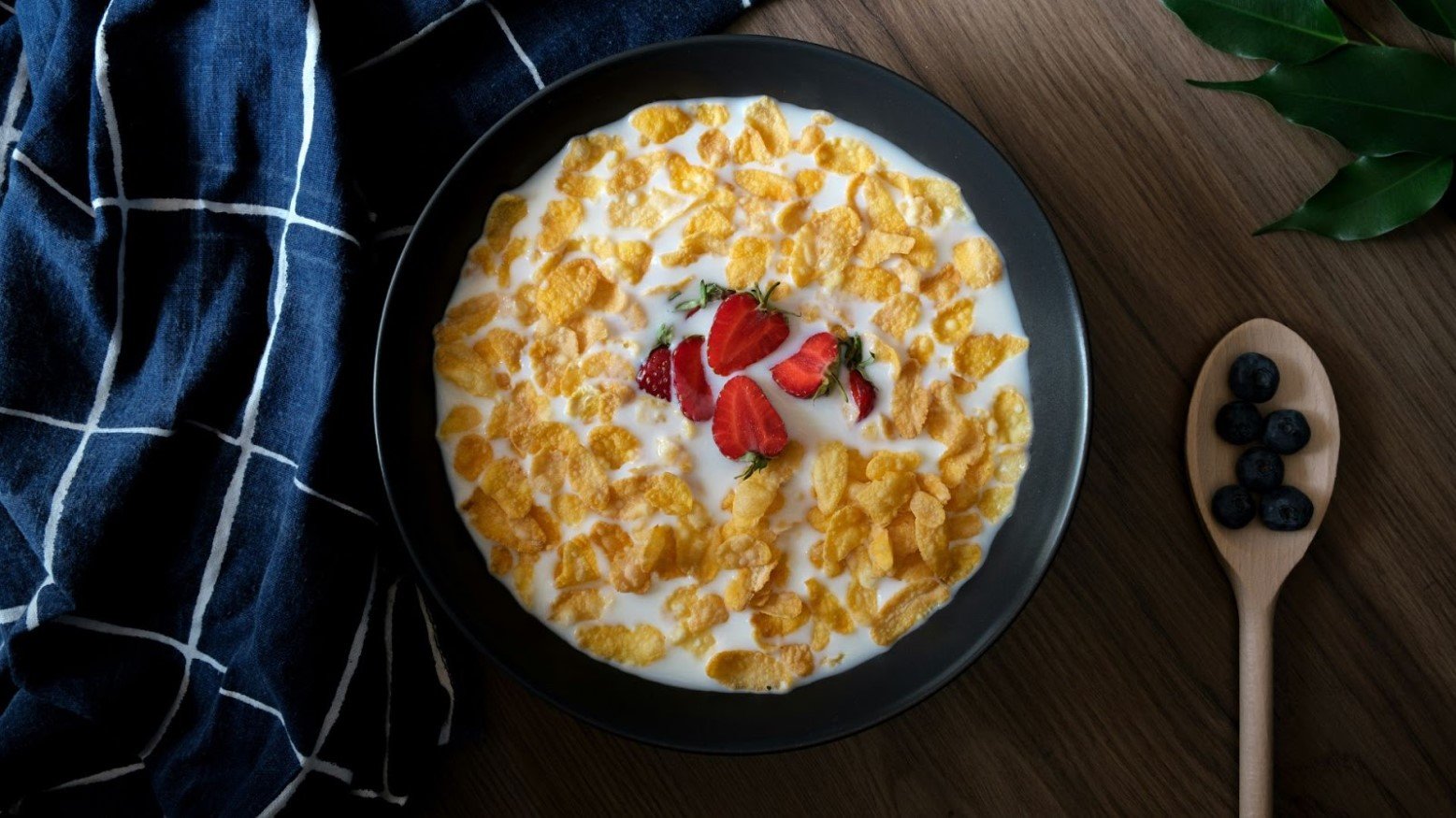
Many people may immediately question how good BHT is after realizing it’s both in food and things like gas and embalming fluid. Should we be eating something that can be found in these other items?
Over the years, various studies have been done on BHT. Some studies have found that BHT is a carcinogen in rats. Other studies dispute this. More studies are needed to better understand if this means the compound is also a carcinogen in humans.
Outlawing BHT in the EU
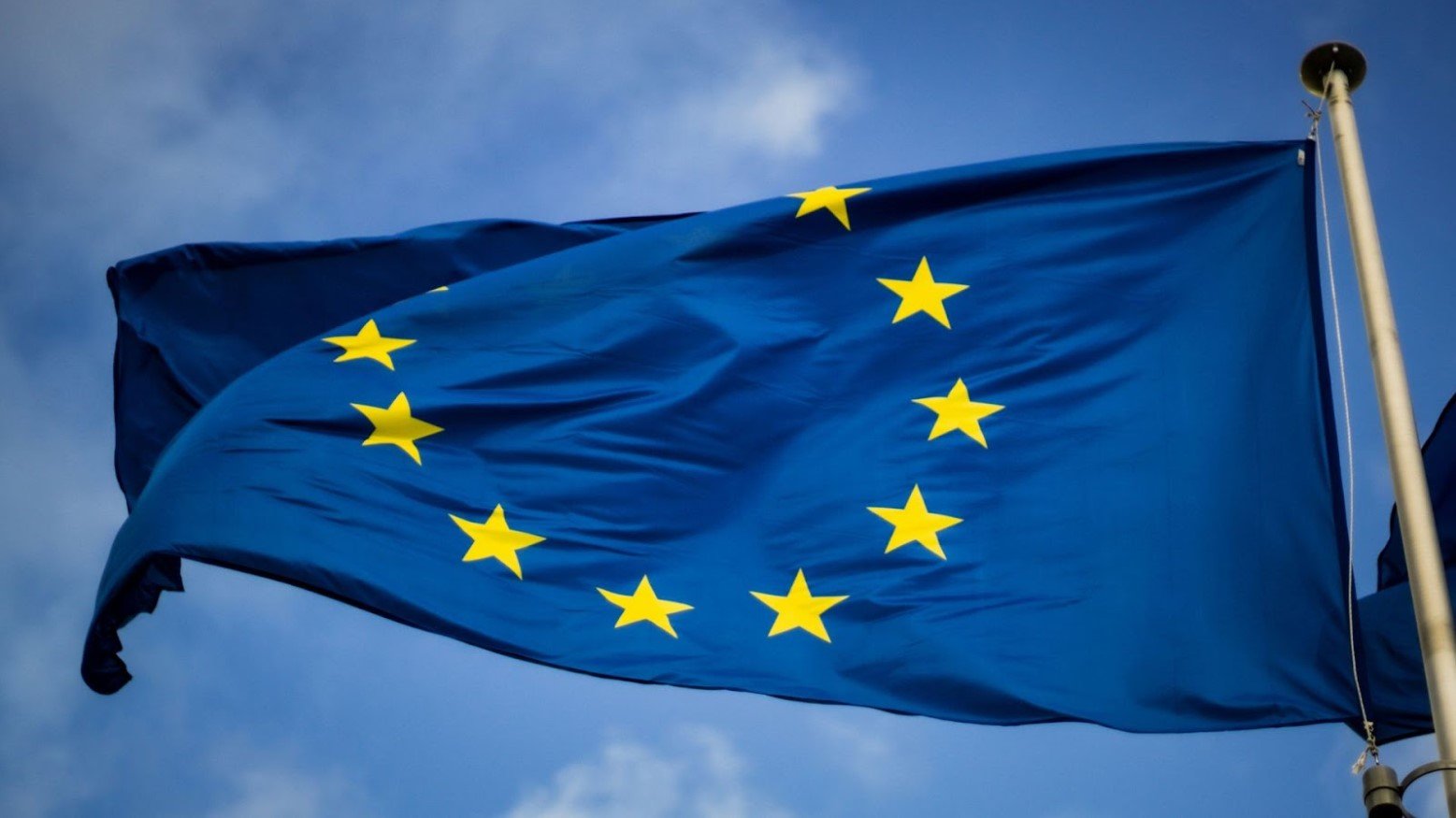
Therefore, the EU and Japan have outlawed certain aspects of BHT in food because of the risk of cancer developing in humans.
Though more studies are clearly needed on this compound, it appears that the EU and Japan are playing things safe. They don’t want to accidentally allow much of their population to ingest something that might be incredibly harmful to them.
The FDA’s Decision
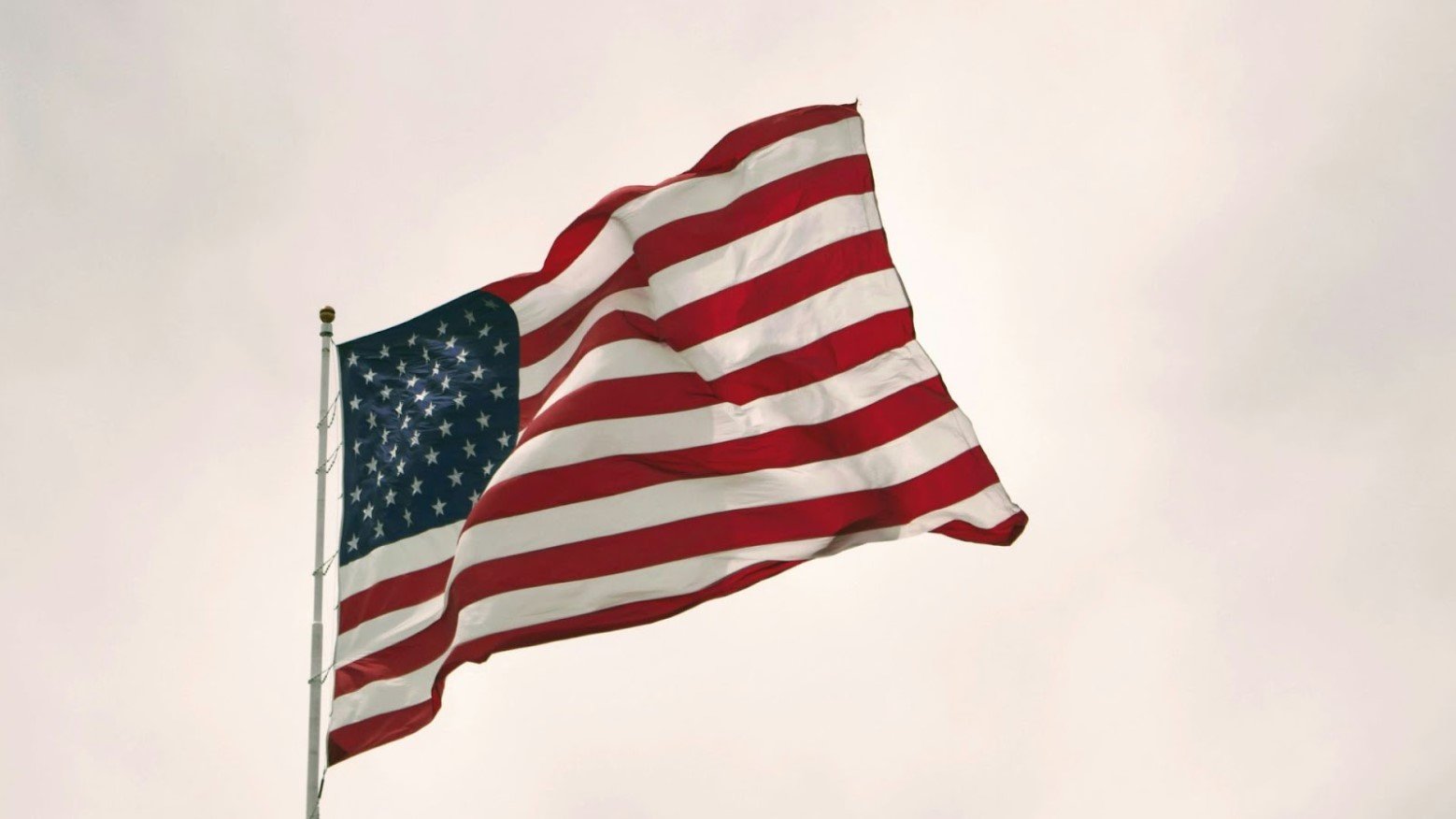
The FDA in the U.S., meanwhile, has decided to allow its population to ingest BHT in cereals such as Frosted Flakes. There is a small amount of BHT in these products, so many studies have claimed that it won’t hurt people as much as large amounts of BHT do.
According to the FDA, BHT is “generally recognized as safe.” Meanwhile, independent watchdog the Center for Science in the Public Interest has given BHT a caution rating. They have stated that people should avoid it, if they can
More Studies Need To Be Done
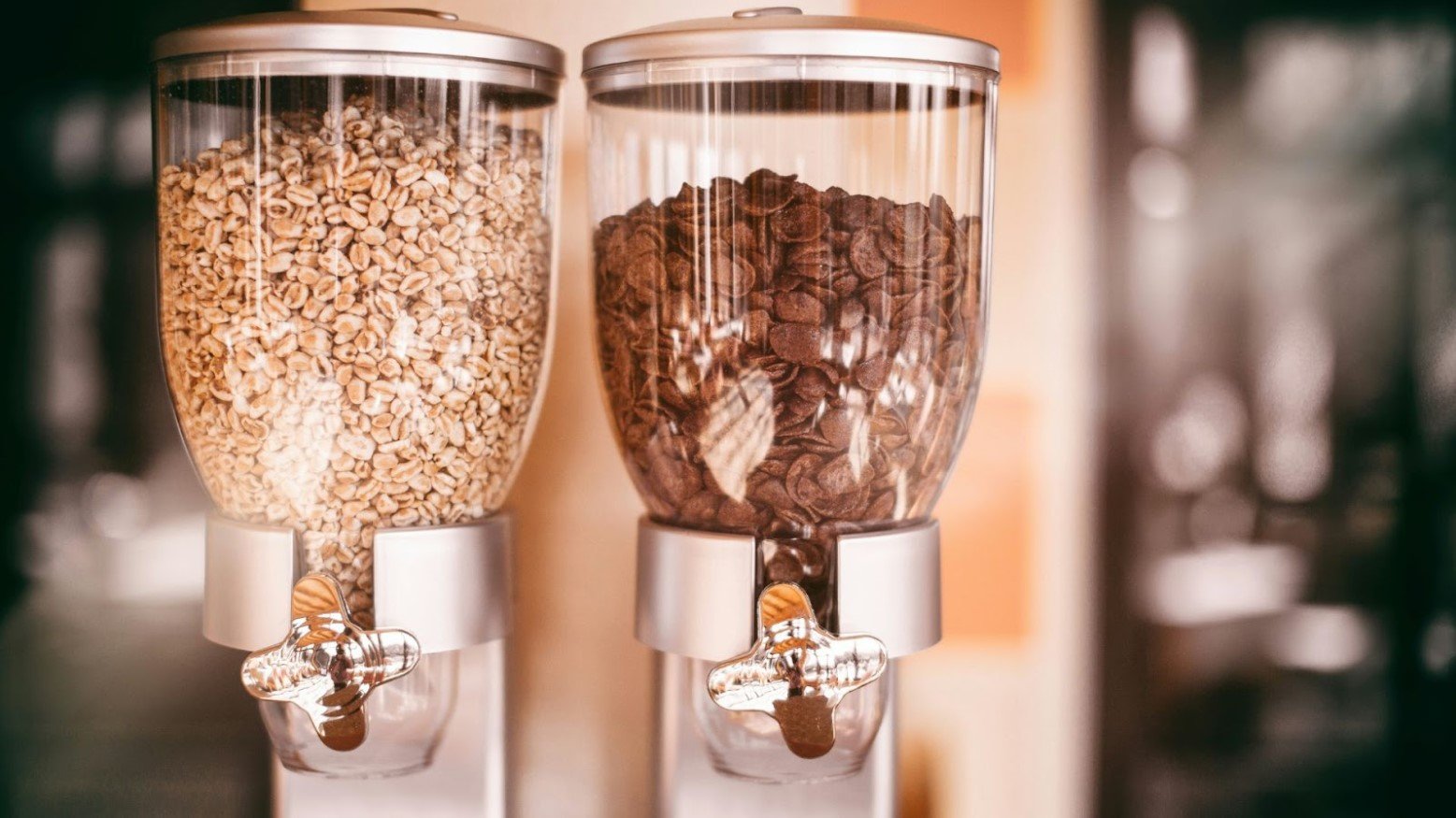
It’s clear that more scientific studies on BHT need to be done. Thus far, the studies that we do have sometimes contradict each other.
If more studies are completed on how BHT may affect a human body when it is ingested, then the FDA could have a better idea of whether it should stay legal — or whether it should be outlawed.
Changes Are Being Made
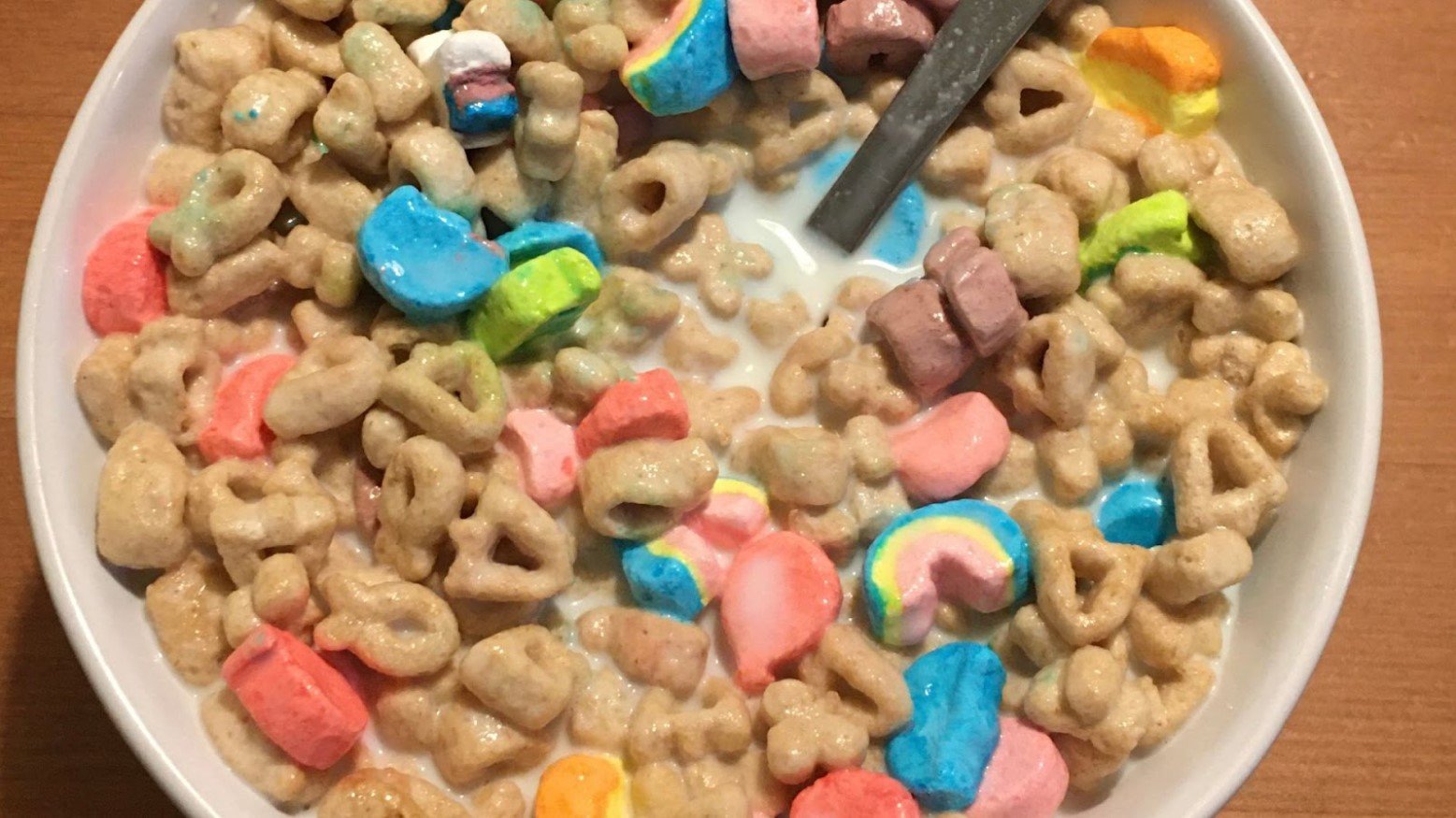
Even without these studies, major changes are being made in the United States in regard to BHT. Some American companies have made the decision to quit using BHT in their cereals.
General Mills announced this decision in 2015, as they stated that all of their cereals would no longer have BHT. So, if you’re worried about eating Frosted Flakes now, just stick with General Mills’ Lucky Charms cereal instead.








































